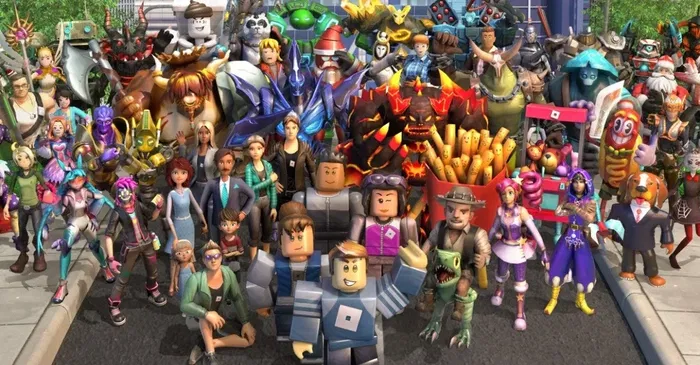Roblox, one of the world’s most popular online gaming platforms, has now been completely blocked in Qatar.
Although it’s still available to download from app stores, players in the country can’t log in; mobile users see “No Network,” and the website refuses to load.
Millions of potential players and developers in Qatar are affected by the nationwide shutdown, and the country now joins Turkey, Oman, Jordan, and China in limiting or banning the game.
What Concerns Triggered the Ban?
Local media reports cite a combination of child safety concerns, cultural values, and recent controversies as the driving force behind the decision.

Qatari authorities have pointed to “moral and safety threats” within Roblox, referencing incidents described as “virtual assaults” and violations of religious traditions.
According to experts such as AI researcher Bahaa Al Ahmad, Roblox’s open interactive environments can simulate real-life social interactions without enough safety measures, which may affect children’s social and psychological well-being.
Did the Schlep Scandal Push Roblox Into Deeper Trouble?
The ban comes at a time when Roblox’s public image is already under heavy fire.

Shortly before Qatar’s block, the platform banned Schlep, a well-known YouTuber who became known for his independent operations to expose suspected predators in the game.
Authorities reportedly made multiple arrests after Schlep posed as a minor, interacted with suspected offenders, and handed over evidence.
Despite these outcomes, Roblox accused him of breaking its rules, citing “simulated child endangerment” and encouraging players to take conversations off-platform.
The company sent him a cease-and-desist order and permanently closed his accounts.
Did Roblox’s Response Do More Harm Than Good?
The decision triggered a wave of criticism online, with hashtags demanding Schlep’s return and U.S. politicians joining the discussion.

Critics argue that Roblox is more focused on silencing whistleblowers than addressing its underlying safety problems.
Player communities and advocacy groups have long accused the company of failing to properly moderate content, allowing inappropriate material to slip through filters, and doing too little to prevent adults from impersonating minors.
Others have highlighted Roblox’s monetization model, which they claim is aggressively targeted at children.
How Much Did Culture Influence Qatar’s Ban on Roblox?
Qatar’s decision to ban Roblox appears influenced by safety issues and cultural considerations, including fears about grooming and exposure to social norms that contradict local traditions.

The ban followed a social media campaign urging action, and according to reports, officials were convinced that keeping the platform online posed too great a risk to children and teenagers.
How Has Roblox Responded to the Ban?
The company says it invests hundreds of millions of dollars annually into moderation tools, partners with NGOs and government agencies, and constantly updates its systems to stay ahead of bad actors.

It also regularly engages in dialogue with policymakers, as it did in Turkey when negotiating the game’s reinstatement there.
Whether such talks will take place with Qatar remains uncertain, as Roblox has yet to make a formal statement on the situation.
With over 380 million active users per month worldwide, the ban won’t threaten Roblox’s survival, but it is a significant blow to its reputation in the Middle East.
It shows how governments around the world are becoming more prepared to cut off platforms they think put children at risk.
For Roblox, the pressure to address both security and cultural concerns has never been greater.
For more like this, stick with us here at Gfinityesports.com: the best website for gaming news.


